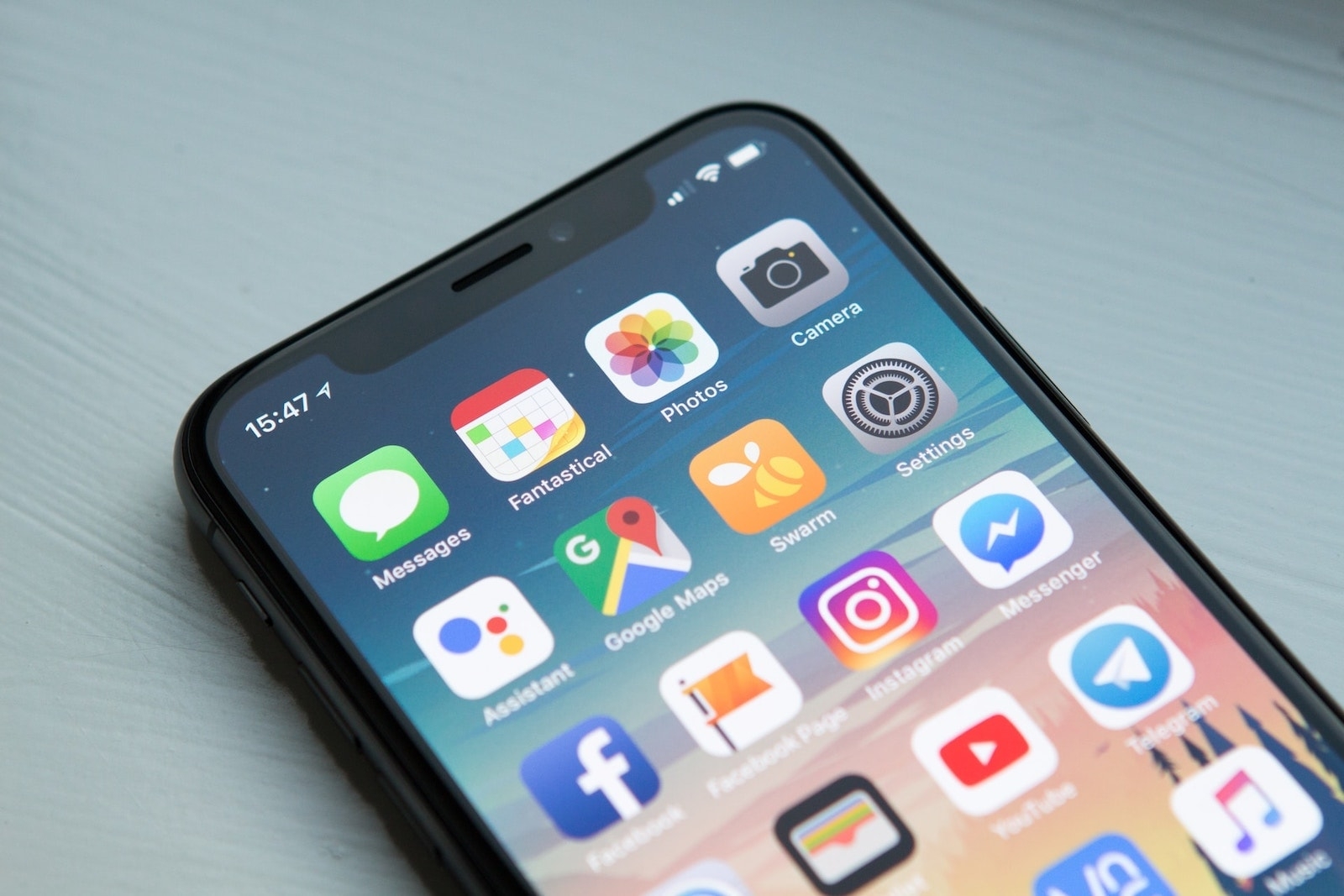

CFPB proposes Big Tech ‘play by the same rules’ as banks, credit unions
Ellie Duncan | News
10 Nov 2023
US-based non-bank financial companies providing digital wallets and payment apps, including Big Tech, are to be subject to the same supervisory rules as banks, under a new rule proposed by the Consumer Financial Protection Bureau (CFPB).
The new federal oversight would ensure that non-bank financial companies – which the CFPB has identified as those larger companies handling more than five million transactions per year – adhere to the same rules as large banks, credit unions, and other financial institutions already supervised by the government agency.
“Payment systems are critical infrastructure for our economy. These activities used to be conducted almost exclusively by supervised banks,” said CFPB director Rohit Chopra.
“Today’s rule would crack down on one avenue for regulatory arbitrage by ensuring large technology firms and other non-bank payments companies are subjected to appropriate oversight.”
The crackdown comes as complaints about digital consumer payment applications, which typically enable individuals to send money to friends and family, and the companies that run them have been rising in recent years.
According to the CFPB, Big Tech companies and other firms operating in consumer finance “blur the traditional lines” that have separated banking and payments from commercial activities, thereby putting consumers “at risk”.
While the CFPB has had enforcement authority over these companies, it has not previously had, inside many of these firms, “examiners carefully scrutinizing their activities to ensure they are following the law and monitoring their executives”.
This would change under the proposed rule which, if finalised, will subject larger non-bank digital consumer payment companies to the CFPB’s authority to conduct examinations.
Specifically, under the new rule, non-bank companies would be required to adhere to applicable funds transfer, privacy and other consumer protection laws, and “play by the same rules” as banks and credit unions.
In a speech on 6 October, at the Brookings Institution event on ‘Payments in a Digital Century’, Chopra said that the global Big Tech giants’ “incursion into finance comes at a uniquely vulnerable moment for the historical separation of banking and commerce, a debate that traces back to the earliest days of the republic”.
“Several trends are colliding: the erosion of traditional lines between core banking activities and commercial financial activities, the growth of e-commerce, and the ease of digital surveillance,” he added.
Chopra expressed his fear that the US “is lurching toward a consolidated market structure, like the one that has emerged in China, that blurs the lines between payments and commerce and creates the incentives for excessive surveillance and even financial censorship”.
Last month, the CFPB proposed the Personal Financial Data Rights rule, giving US consumers “the power to walk away from bad service”, and clamping down on “risky data collection practices”, such as screen scraping.
It is the first proposal to implement Section 1033 of the Consumer Financial Protection Act.
In his remarks, he concluded: “As we seek to configure a payments architecture that can provide safe and secure electronic cash, we should make sure that the deployment of private sector technologies and services are aligned with our values for fair competition, consumer protection, and our national interest.”








